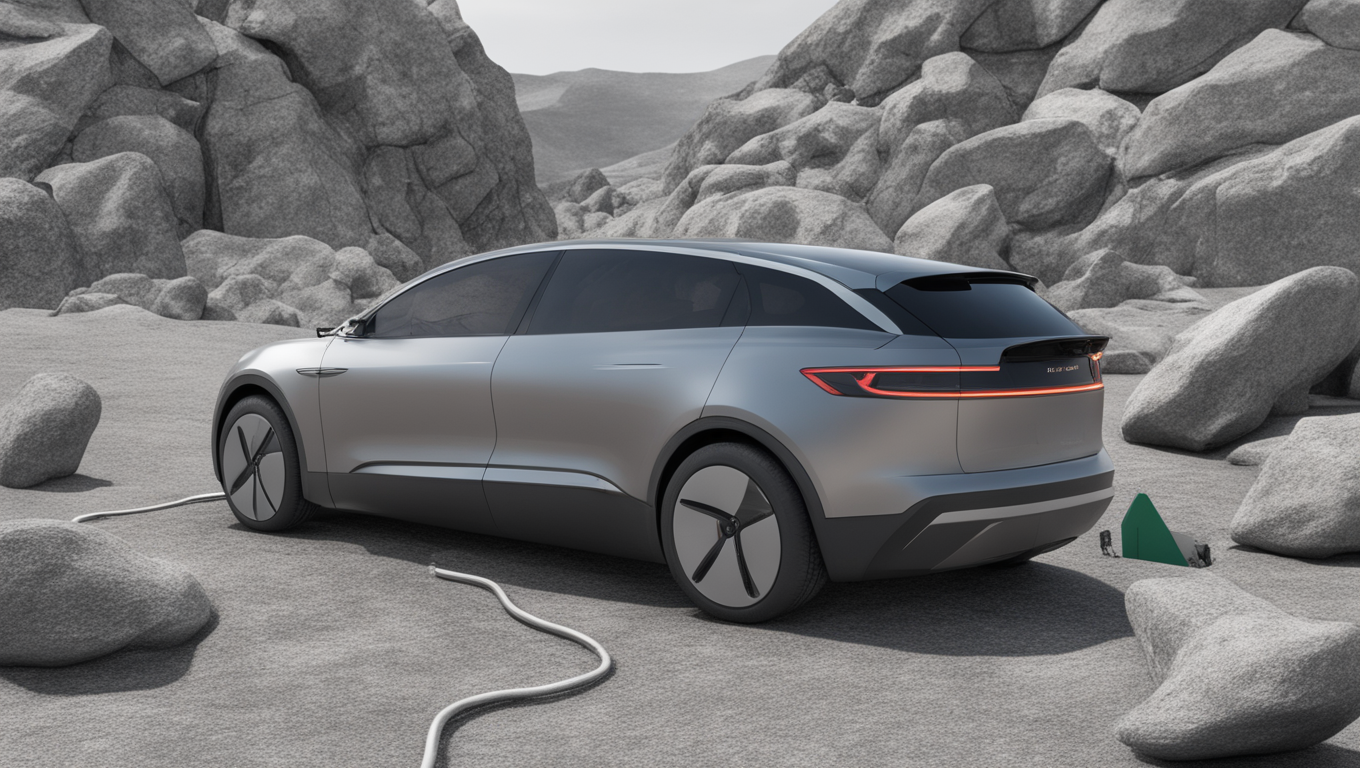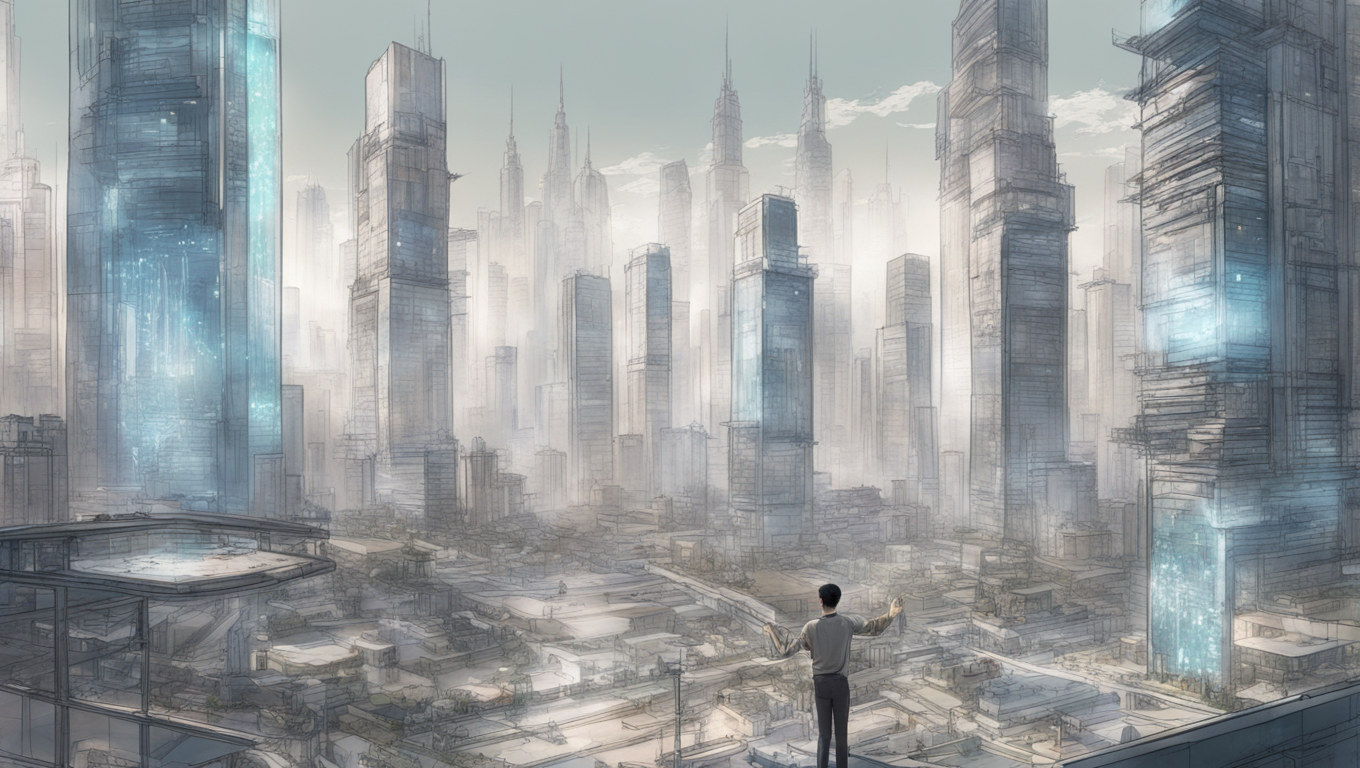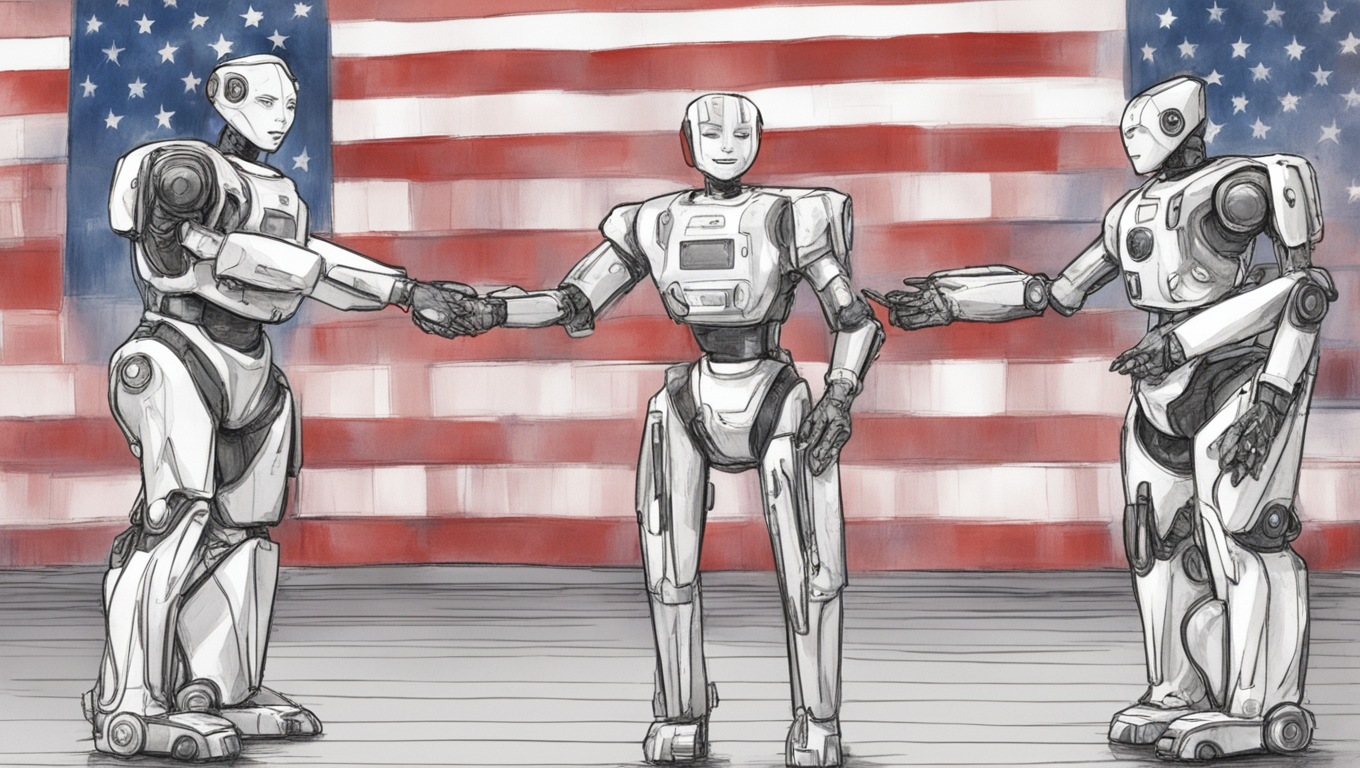China has announced new restrictions on the export of certain types of graphite, a vital component in the production of batteries for electric vehicles (EVs). This move comes just days after the US imposed restrictions on the export of high-tech microchips, further escalating the tech trade tensions between the two countries.
The Chinese Ministry of Commerce stated that exporters must now apply for permits to sell two types of graphite to foreign customers. The ministry justified this action by stating that it is necessary to uphold national security and interests. China was the world’s leading graphite producer last year, responsible for approximately 65% of global production.
These restrictions are expected to have a significant impact on the global supply chain for EV batteries, as graphite is a crucial component in their manufacture. With increasing demand for EVs and their batteries, graphite consumption is predicted to soar in the future.
The Chinese government maintains that these export controls are not targeted at any specific country or region and are simply part of its regular adjustment of export controls. They claim that exports that comply with the relevant regulations will be granted permission.
The trade war between China and the US has been ongoing for several years, with trade and technology at the heart of the tensions. The European Union is also taking steps to reduce its reliance on trade with China in the tech sector. They have launched an investigation into Chinese subsidies for domestic EV manufacturers, following allegations of unfair competition. Additionally, the EU is considering an investigation into Chinese support for wind turbine manufacturers.
As tensions continue to rise between major global economies, concerns regarding the stability of the global industrial supply chain grow. The effects of these trade restrictions will be felt throughout the EV industry and beyond.





Use the share button below if you liked it.